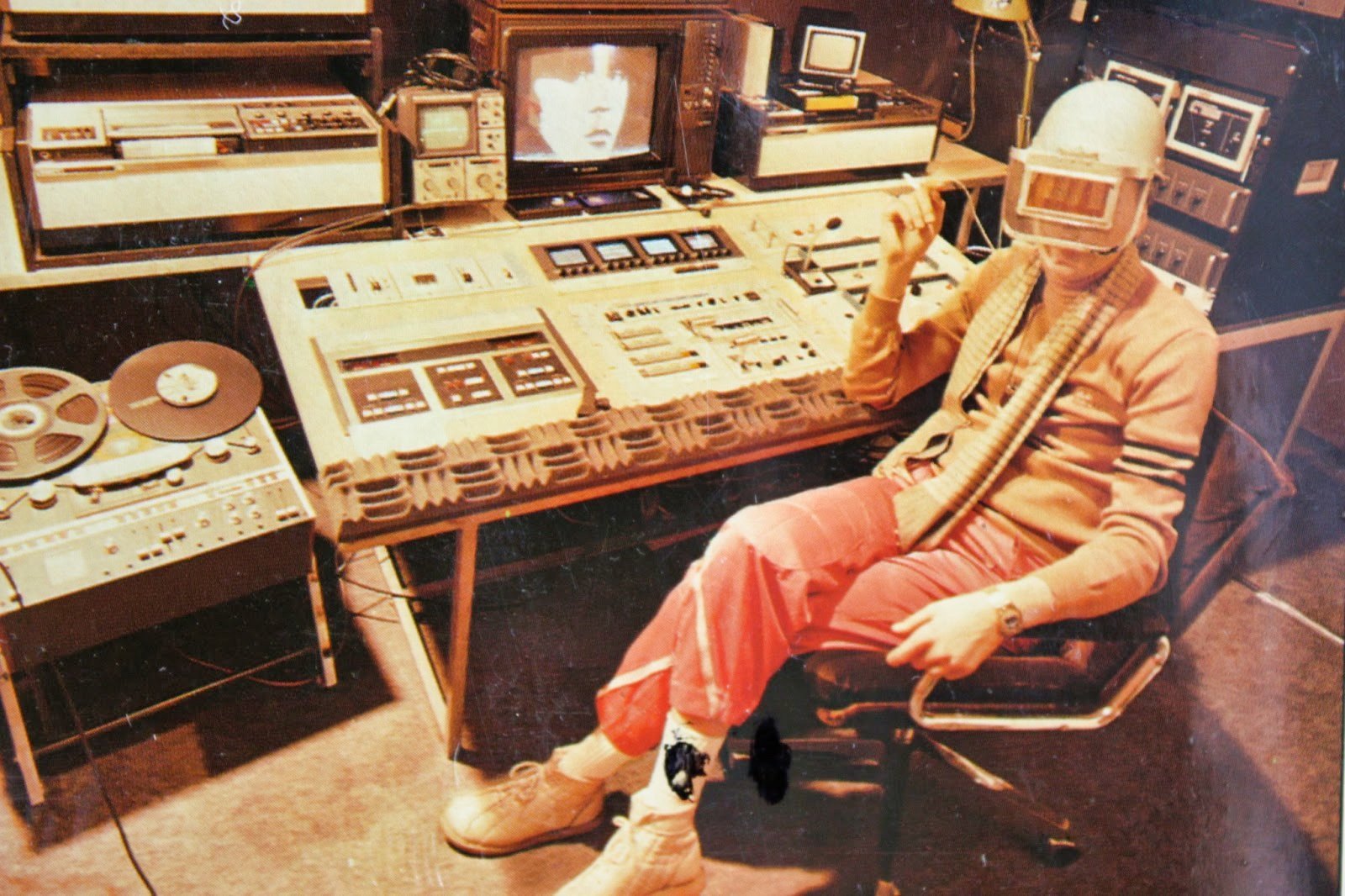There’s a solid profile of Bandcamp in The Guardian with insight into the company and its founder Ethan Diamond. The piece also features quotes from former Galaxie 500 drummer and present digital music critic Damon Krukowski about how an essential element of fandom is the exercising of agency:
The direct connection between fans, artists and labels, whether it’s leaving a positive review or paying an extra few pounds because it’s your favourite artist, is about “being an agent, rather than a passive participant,” [Krukowski] says. “When you have not surrendered your agency, it makes perfectly natural sense to think, ‘What can I do with that agency to take some action?'”
But then the piece strikes a strange note when it reaches for criticism of the Bandcamp platform. There’s so much love for the service — especially right now — that it was probably tough to find someone to give a negative quote or two. In the end, it’s an unnamed ambient artist (not sure if anonymity is warranted here but okay) and his comments are head-scratchers:
“As a non-American,” he says in an email, “I object to the idea that my music is used by Bandcamp to push what are essentially American political messages, regardless of whether I agree with the spirit of the message. I view it as a form of American cultural imperialism that is ignorant of the international user base.”
I believe it’s a desirable quality for a company to focus concern on where it’s based. It shows that, for one thing, you’re not dealing with a global behemoth (or one currently with those aspirations). And we’re also getting the voice (and, sure, brand) of the people in charge — they’re addressing problems affecting them and their community. Oakland is Bandcamp’s home, and Diamond has Oakland (and American) concerns. I consider that a feature, not a bug.
Many artists donated their Bandcamp sales to charitable causes on June 5th and June 19th. It was good to see some artists pledge to causes addressing their communities — such as M. Sage’s Cattails & Scrap Tactics, which donated to Chicago’s My Block My Hood My City. I have no ties to Chicago, but I was happy for the artist to use the proceeds in this way upon my purchase of the album. And it gives a personal brush-stroke to the artist — knowing what he cares about adds to my appreciation and connection.
Besides, it will do us all good to think locally more often. The internet is good at conditioning us to ignore the things — and injustices — happening right in front of us.
As for imperialism (?), is it the same if a Hungarian company I bought from gave donations to a Hungarian charity? I’m for supporting any company or individual improving their vicinity and encouraging good deeds. The countries that make positive changes influence us all and set examples for others to follow. That’s important, no matter who does it.
There’s also the Barry Crimmons joke (often recounted by Bill Hicks) about people who ask why, if he’s so critical of the US, he doesn’t move elsewhere: “What, and become a victim of our foreign policy?” That’s a vintage quote but now, more than ever, local change is global.
The mystery artist has more thoughts:
The artist has set up a separate webstore to underline what he sees as an unhealthy dominance of the underground music market. “Bandcamp should be a tool to help artists and labels achieve an end, not the cultural statement in itself. What began as a liberating force is starting to fester into a rigid dead end, stifling the creative freedom of artists by indirectly and facelessly demanding they comply with the cultural standards they dictate to us.”
This opinion sounds like more tiring ‘musicians should just shut up and make music‘ talk. For one thing, Bandcamp’s donations come out of their take, so it’s not like anyone’s forcing the artists to ‘comply.’ And, in my opinion, we should treasure companies that take stands1And, yes, that includes causes that I disagree with. Discerning the owner’s predilections makes it easier to know where to spend my cash. Understandably, this is scary for many companies and their owners, and it’s a form of bravery we should welcome. It tells us they still have a foothold in their communities and aren’t obsessed with scale and the ‘please everyone’ mindset that comes with scale. From a tech company, that’s refreshing. It’s the opposite of Facebook’s refusal to moderate inciting and misleading content for fear of appearing to take sides. Inadvertently, that’s become a ‘stand’ of its own and look where it’s gotten them.
I do agree with one action taken by the unnamed artist. “The artist has set up a separate webstore …” That’s an excellent move. As terrific as Bandcamp is, it’s a mistake to solely rely on the platform — or any third party platform — as an artist’s sole window to her audience and potential fanbase. One should think of Bandcamp as merely a tool and not the hub, the same as Facebook and all the others. An artist’s own website is always the preferable destination.
